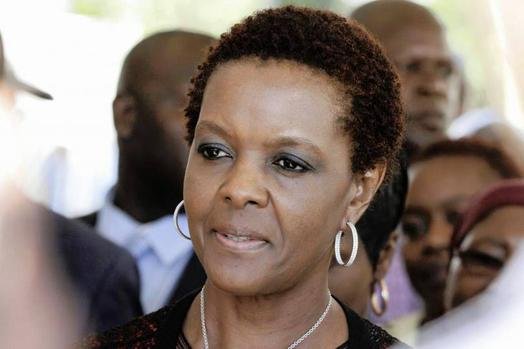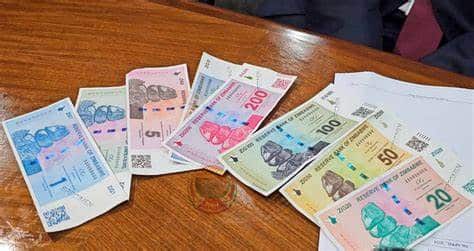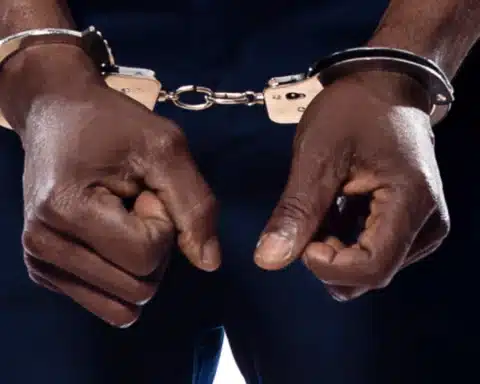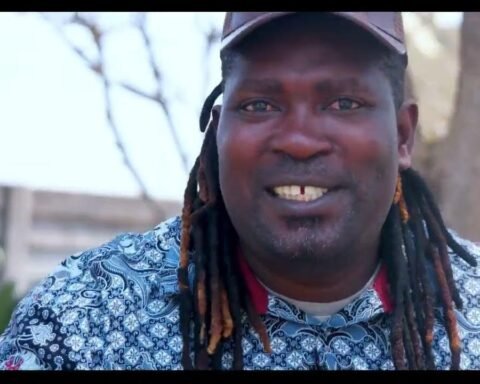South Africa has granted diplomatic immunity to Zimbabwe’s first lady, Grace Mugabe, allowing her to avoid prosecution for the alleged assault of a 20-year-old model, a security source has said.
South African police had put border posts on “red alert” to prevent Mugabe fleeing and indicated she would receive no special treatment in the case involving Gabriella Engels, who says Mugabe whipped her with an electric extension cable.
Despite confusion about Mrs Mugabe’s whereabouts, South African police said she was still in the country.
However, a security source said immunity had been granted. The source also said Grace Mugabe had failed to turn up at a Johannesburg court hearing on Tuesday, as agreed with police, because of concerns she could be attacked.
The alleged assault – Engels said it occurred on Sunday evening as she waited with two friends in a luxury Johannesburg hotel suite to meet one of Mugabe’s adult sons – is a diplomatic nightmare for South Africa.
The country has a difficult relationship with its northern neighbour. It is home to an estimated three million Zimbabwean exiles who regard president Robert Mugabe as a dictator who has ruined what was once one of Africa’s most promising democracies.
But although he is also widely reviled in the west, Mugabe is still seen by many Africans as the continent’s elder statesman and a hero of its anti-colonial struggles.
A senior government source said on Friday there was “no way” Grace Mugabe, 52, would be arrested because of the diplomatic fallout that would ensue from Zimbabwe.
Indeed, the 93-year old president himself arrived two days early in Pretoria for a regional southern African summit this week to help resolve his wife’s legal problems.
The government source accepted the view widely held by legal experts that Grace Mugabe was not entitled to immunity because she was in South Africa for medical treatment, and said the government was expecting her immunity to be challenged in court.
However, the source said Pretoria justified its decision because of other countries in southern Africa that supported South Africa’s ruling ANC in the long struggle against apartheid would also see Grace Mugabe’s prosecution as a betrayal.
“There would obviously be implications for our relations with Zimbabwe. Sadly the other countries in the region are watching us and how we are going to act,” the source said, asking not to be named.
“What is likely to happen is that she will be allowed to go back home, and then we announce that we’ve granted diplomatic immunity and wait for somebody to challenge us.“
South Africa’s foreign ministry spokesman declined to comment when contacted by Reuters.
Engels’ mother Debbie, who released photographs of her daughter with gashes to her head requiring 14 stitches, said it would be “very sad” if Grace Mugabe was allowed to leave.
However, her daughter’s legal team – which includes Gerrie Nel, the prosecutor who secured a murder conviction against Olympic and Paralympic track star Oscar Pistorius – would counter such a move, she said.
“Gerrie Nel and the team have contingency plans,” she told Reuters, without elaborating. “They will run with it.”
Harare has made no official comment on the saga and requests for comment from Zimbabwean government officials have gone unanswered. The South African government has restricted all official comment to the police ministry.
The Engels incident is not the first time Grace Mugabe – who is lauded in official Zimbabwean media as “Mother of the Nation” – has been in legal hot water.
In 2009, a newspaper photographer in Hong Kong said Grace and her bodyguard had assaulted him. Police said the incident was reported but no charges were brought.








